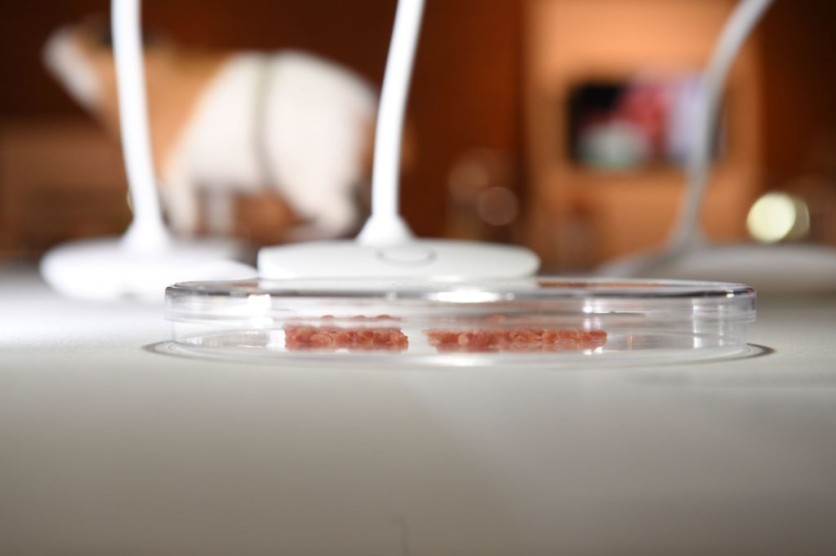By zapping animal cells with a magnet, researchers from the National University of Singapore (NUS) have discovered a revolutionary method of producing cell-based meat.
This cutting-edge process accelerates the production of cell-based meat, making it safer, cleaner, and cheaper by utilizing fewer animal components, according to a press release of the university.

The benefits of cultured meat over traditional animal agriculture include a less carbon footprint and a lower chance of animal disease transmission. To encourage the growth of cultured meat, however, the current method of making them uses other animal products, which somehow negates the aim.
NSU scientists noted that animal cells are fed animal serum - often fetal bovine serum (FBS), a combination obtained from the blood of fetuses removed from pregnant cows slaughtered in the dairy or meat industries - to produce cell-based meat.
This is a crucial phase in the current cell-based meat production process, but it is also costly and cruel. NSU claimed that many of these chemicals originate from the animal's muscles, but researchers were unsure how to encourage their release in large-scale bioreactors.
Cell-based meat's complicated manufacturing method drives up costs, restricts manufacturing scale, and jeopardizes its potential to be sold commercially.
To overcome this difficulty, a multidisciplinary research team under the direction of Associate Professor Alfredo Franco-Obregón from the NUS Institute for Health Innovation & Technology and the NUS Yong Loo Lin School of Medicine developed a novel approach to stimulate the growth of cell-based meat using magnetic pulses.
The NUS Approach
The NUS approach, which the researchers developed, is used to produce myogenic stem cells, which are found in the bone marrow and skeletal muscle tissue.
"In response to a short 10-minute exposure to the magnetic fields, the cells release a myriad of molecules that have regenerative, metabolic, anti-inflammatory and immunity-boosting properties," Assoc Prof Franco-Obregón said in a statement:
"These substances are part of what is known as the muscle "secretome" (for secreted factors) and are necessary for the growth, survival, and development of cells into tissues. We are very excited about the possibility that magnetically-stimulated secretome release may one day replace the need for FBS in the production of cultured meat."
He added that growth-inducing secretomes could be obtained in the laboratory affordably, conveniently, and safely. In this manner, the myogenic stem cells will serve as an environmentally friendly and sustainable bioreactor to provide the nutrient-rich secretomes needed for cell-based meat.
Additionally, the team claimed that regenerative medicine could benefit from the collected secretomes.
The NUS scientists treated unhealthy cells with the secreted proteins and discovered that they help accelerate their healing and growth. The team said that this technique might aid in healing damaged cells and hasten a patient's recovery.
Related Article : 3D Printed Meat: Lab-Based Alternative Could Unite Both Meat Lovers, Vegans--Find Out Why
This article is owned by Tech Times
Written by Joaquin Victor Tacla
ⓒ 2025 TECHTIMES.com All rights reserved. Do not reproduce without permission.
![Best Gaming Mouse For Gamers With Smaller Hands [2025]](https://d.techtimes.com/en/full/461466/best-gaming-mouse-gamers-smaller-hands-2025.png?w=184&h=103&f=6fd057ef777bd39251d4e7e82e9b23f1)



![Best iPads that Students Can Use in School [2025]](https://d.techtimes.com/en/full/461431/best-ipads-that-students-can-use-school-2025.jpg?w=184&h=103&f=516289300e12e9647ef3d5bd69f49b70)